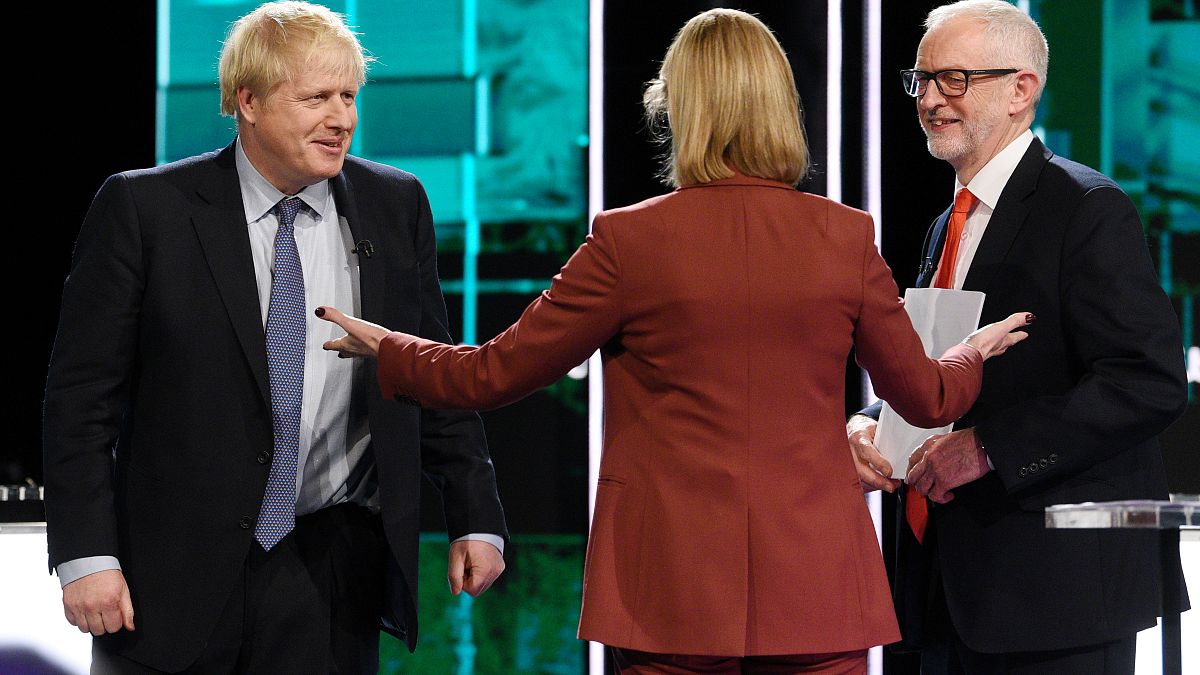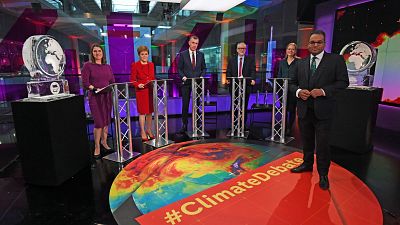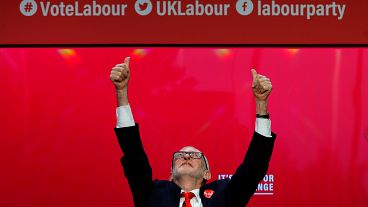The Institute for Fiscal Studies research is not good news for either of the UK's main parties ahead of the December 12 election.
Neither the UK's ruling Conservatives nor the opposition Labour's manifesto spending pledges are credible, according to the Institute for Fiscal Studies (IFS).
The research group said Boris Johnson's party would likely end up spending more than its manifesto pledges.
Meanwhile, it said Labour wouldn't be able to deliver "investment spending increases on the scale they promise".
Current government policy is that day-to-day public service spending should increase by £34 billion, says the IFS.
Manifesto spending pledges are on top of this: the Conservatives £3 billion extra, Labour £73 billion by 2023-24 and the Lib Dems £33 billion.
"Neither is a properly credible prospectus," said IFS director Paul Johnson, referring to Labour and the Conservatives.
"Should they win this time it is highly likely that the Conservatives would end up spending more than their manifesto implies and thus taxing or borrowing more. The chances of holding spending down as they propose over a five-year parliament look remote.
"Why have they been so immensely modest in their proposals? Because to do otherwise would either mean resiling from their pledge to balance the current budget or would mean being upfront about the need for tax rises to avoid breaking that pledge.
"Labour would not be able to deliver investment spending increases on the scale they promise. The public sector doesn’t have the capacity to ramp up that much, that fast.
"It is highly likely that Labour, at least over the longer-term, would need to implement other tax-raising measures in order to raise the £80 billion of tax revenue that they want and even just sticking to those proposals they would clearly increase taxes for many millions outside the top 5%. In reality, a change in the scale and scope of the state that they propose would require more broad-based tax increases at some point."



